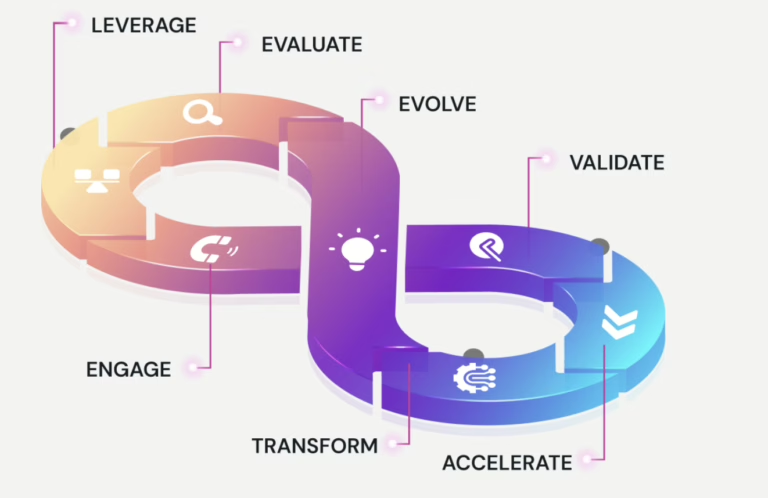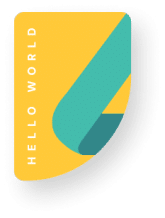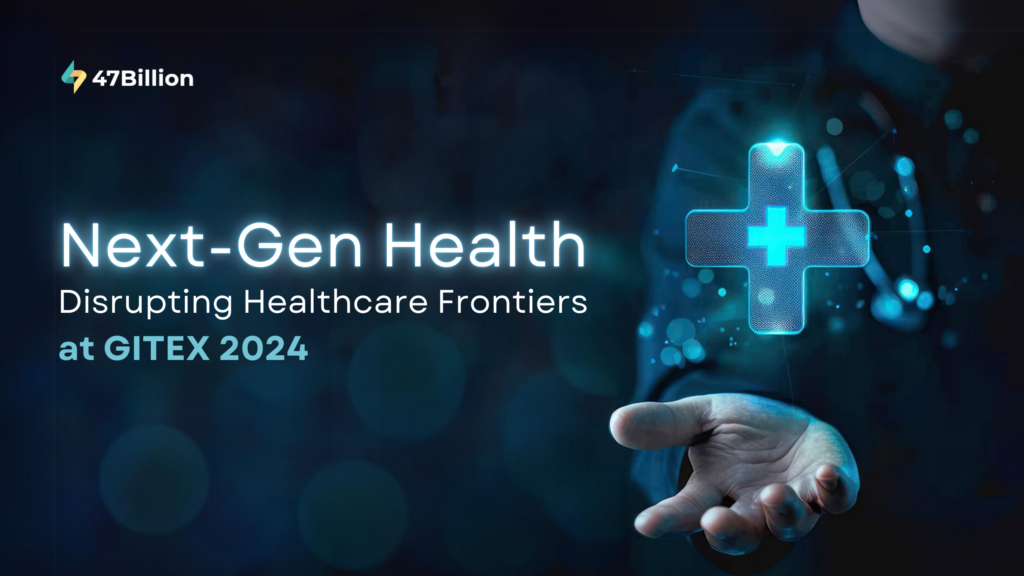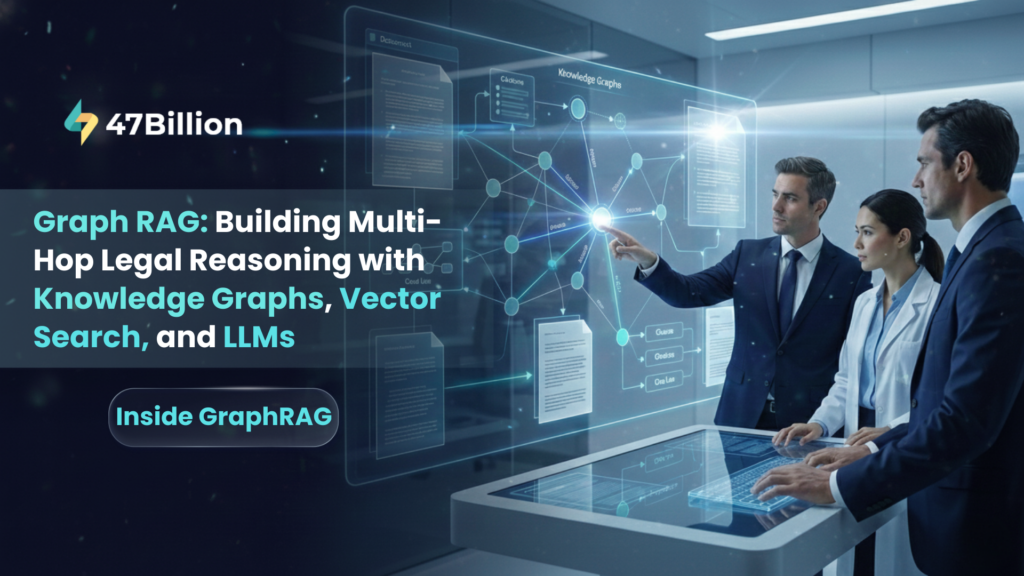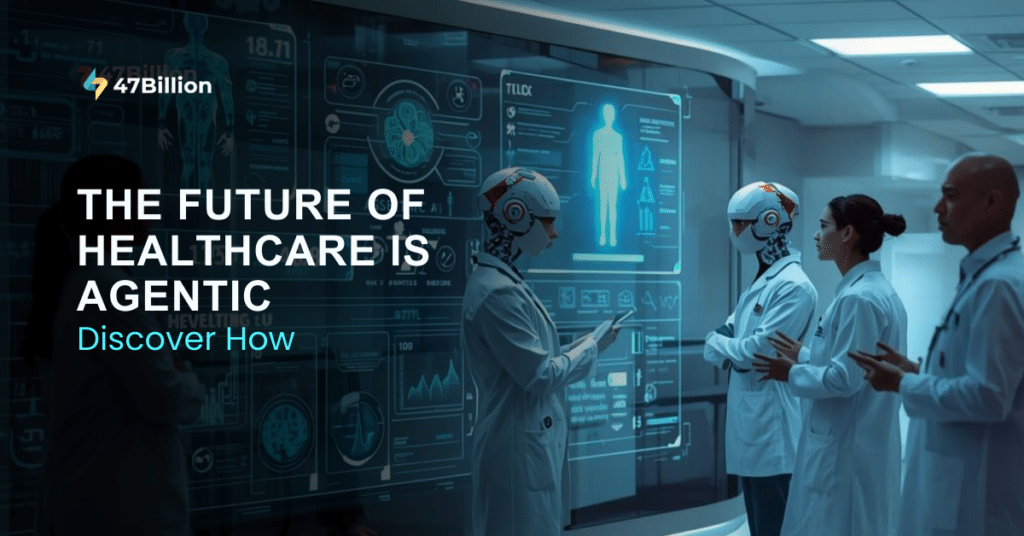Healthcare in particular has a lot of unstructured data, such as clinical notes and diagnostic images or medical charts and audio recordings. This is traditionally being tricky data to examine.
The transformative work in Healthcare is the ability of AI to handle huge datasets — whether NLP algorithms or deep learning models. Further, generative AI (gen AI) enabled by models such as GPT-4 might with time come increasingly use for both in health systems themselves but also private payers begin to work hand-in-hand unlocking the potential of these assets.
Key applications include –
- Early Disease Detection—AI-based systems can help scan radiology images, identifying abnormalities such as cancer at earlier stages with higher precision.
- Personalized Treatments – Algorithms can predict the most effective treatments based on individual patient data, leading to better recovery outcomes.
- Administrative Automation – AI helps streamline scheduling, billing, and claims processing, allowing healthcare providers to focus on direct patient care.
Technologies that are Evolving Healthcare
1. Machine Learning (ML)
Machine learning is the driving force behind precision medicine. Algorithms analyze clinical data to predict disease progression and customize treatment plans. The application of ML to patient records and imaging studies has achieved excellent sensitivity in identifying trends while predicting clinical outcomes. A type of machine learning (ML), deep learning underpins features like speech recognition — making diagnostic and clinical workflows more efficient than ever.
2. Natural Language Processing (NLP)
For health professionals, NLP aids in mining valuable information considering the bunch of unstructured medical records. NLP-enabled solutions analyze patient histories, suggest treatments while flagging potential health hazards. Systems also help administrative tasks like operational oriented medical records processing and documentation generation easier.
3. Rule-Based Systems
Expert systems, in general exist since the 1980s but they are still present and can help for example with Healthcare (Clinical decision support system). On the other hand, integrating these systems with modern EHR platforms is difficult at best because they operate on a simple ‘if-then’ logic. Nevertheless, they remain relevant in some use cases like regulatory compliance and health protocols.
Transforming Patient Care with AI
AI is not only enhancing diagnostics but also elevating patient experiences significantly –
Virtual Health Assistants and Chatbots – These AI-driven assistants offer round-the-clock monitoring and support, boosting patient engagement.
Predictive Analytics – AI systems evaluate health data to foresee potential risks, allowing for proactive care that minimizes hospital readmissions and enhances health outcomes.
Additionally, AI-powered systems optimize hospital operations by managing tasks such as appointment scheduling and insurance claims, thereby improving the overall patient journey.
We are residing in the era of LLMs; let’s explore how Generative AI has reshaped the industry –
1. Private Payers – Enhancing Operations and Customer Service
Private payers can harness gen AI to increase efficiency, reduce costs, and meet customer expectations.
- Claims & Prior Authorizations – Automating summaries for denied claims and expediting prior authorization processes.
- Personalized Member Services – Specialized bots and digital tools that pull real-time data to answer inquiries about coverage and benefits.
- Corporate Functions – Automating financial reporting, and onboarding tasks.
Outcome – Faster claim processing, improved customer satisfaction, and reduced administrative overhead.
2. Hospitals & Physician Groups – Optimizing Clinical and Administrative Operations
Hospitals and physician groups stand to benefit from gen AI through better continuity of care and more efficient workflows.
- Clinical Documentation – Automating discharge summaries and synthesizing care coordination notes.
- Administrative Efficiency – AI-generated schedules, clinical orders, and HR support via chatbots.
- Electronic Health Records (EHR) – Prepopulate patient records and suggest improvements in documentation in real time.
Outcome – Reduced clinician burnout, improved documentation accuracy, and better patient outcomes.
Risks and Considerations – Human Oversight and Data Security
Despite the potential, implementing gen AI requires caution –
- Data Sensitivity – Patient information is highly sensitive, demanding secure data practices.
- Human-in-the-Loop Approach – AI-generated suggestions must be carefully reviewed to prevent incorrect or harmful outcomes.
- Compliance & Regulation – As legal frameworks evolve, healthcare organizations must align their AI initiatives with new standards.
Emerging Applications of Gen AI in Healthcare
Healthcare leaders are beginning to integrate gen AI across key functions:
- Continuity of Care – Synthesizing follow-up care summaries and post-visit notes.
- Clinical Analytics – Extracting insights from structured and unstructured data.
- Marketing & Sales – Summarizing consumer feedback, personalizing care plans, and creating first drafts for product overviews.
The Healthcare Revolution at GITEX 2024: A 47Billion Perspective
GITEX 2024 promises to be the focal point for healthcare innovation, showcasing the latest advancements that redefine patient care, diagnostics, and medical operations. As the industry shifts towards more connected, data-driven solutions, the fusion of technology and healthcare becomes crucial in enhancing care outcomes, improving patient engagement, and streamlining clinical workflows.
At 47Billion, we recognize the importance of Healthcare 3.0—leveraging AI, IoT, and data analytics to transform healthcare delivery. This year’s event will provide a platform for industry pioneers, healthtech startups, and innovators to introduce solutions that solve real-world healthcare challenges, bringing us closer to a future of personalized, efficient, and accessible care.
For organizations looking to stay ahead in this evolving landscape, GITEX 2024 offers unparalleled insights into the next wave of healthcare technology. The event aligns with 47Billion’s commitment to empowering the healthcare ecosystem through forward-thinking solutions that drive efficiency and patient satisfaction.
With GITEX paving the way for the next chapter in healthcare innovation, the future of healthtech looks more promising than ever.
Stay connected with 47Billion for more exciting updates from GITEX 2024!

